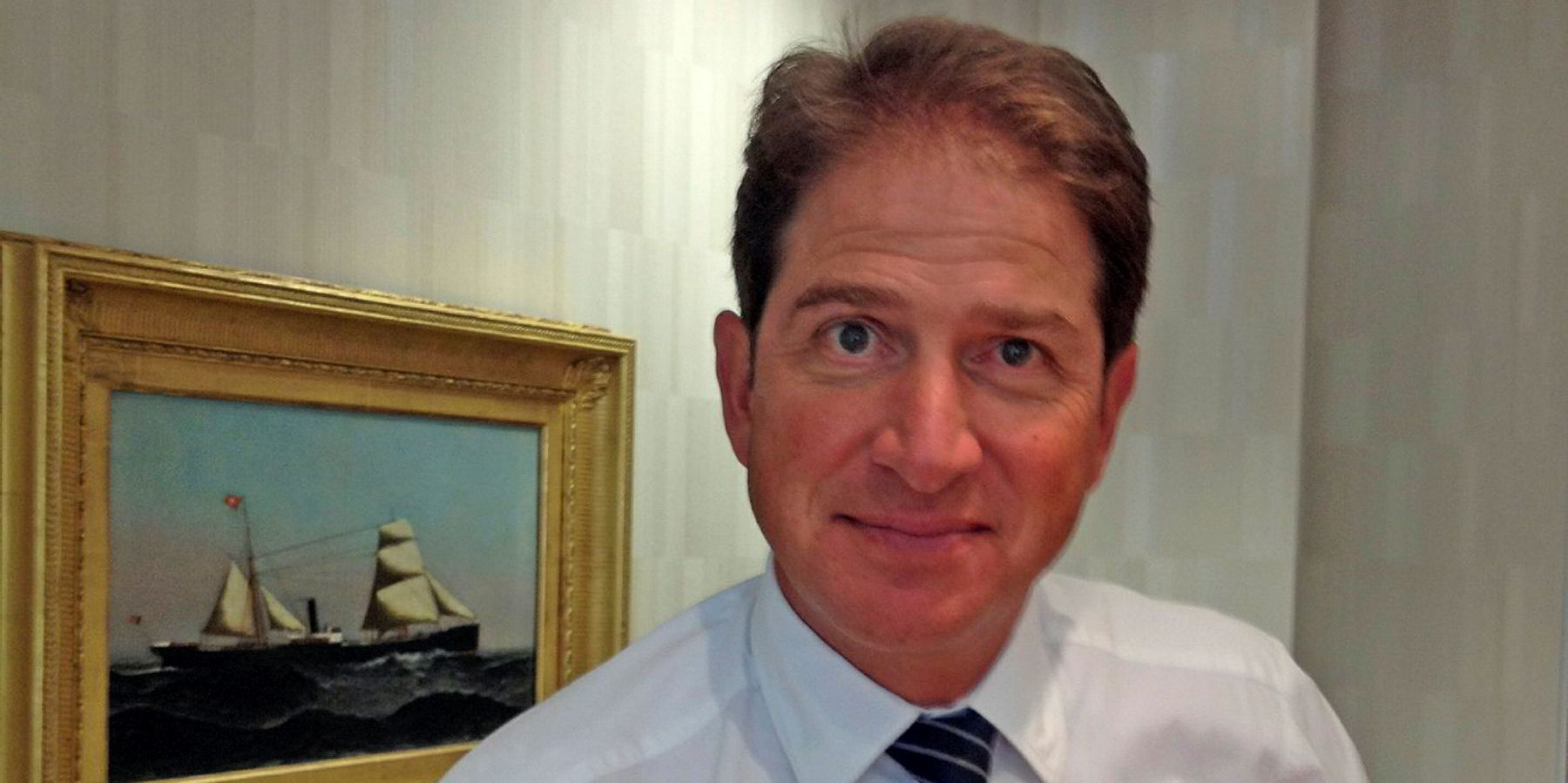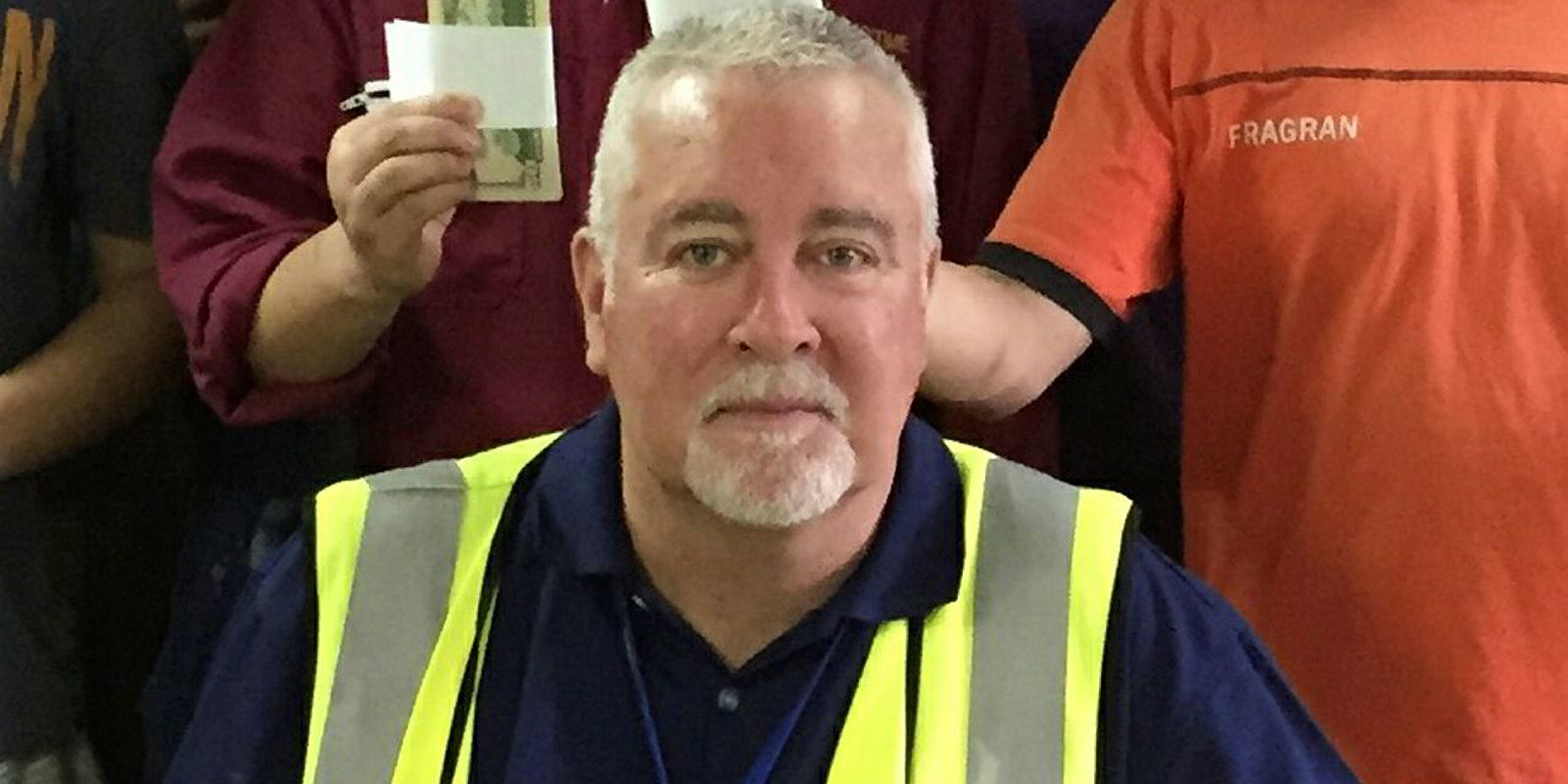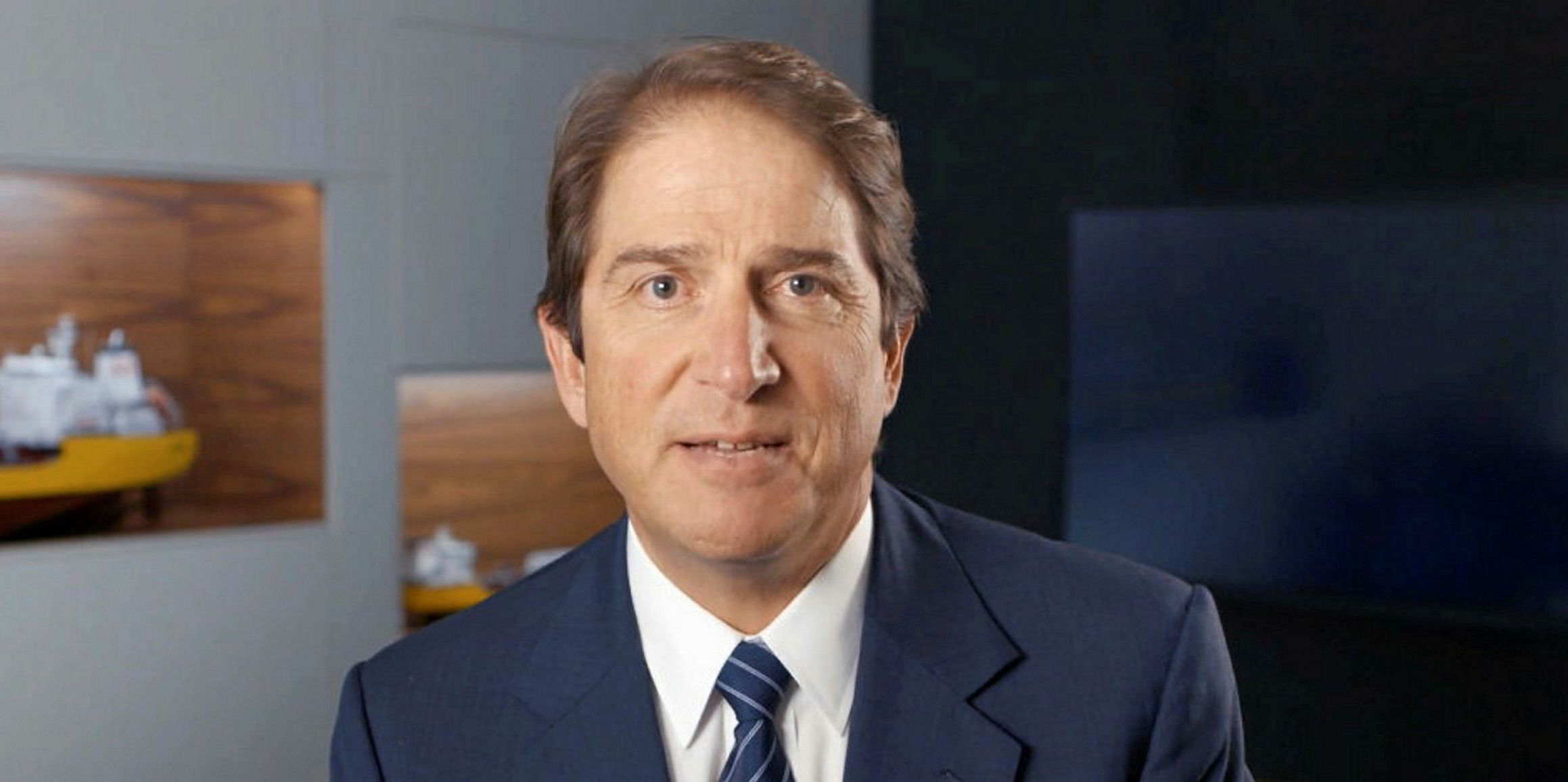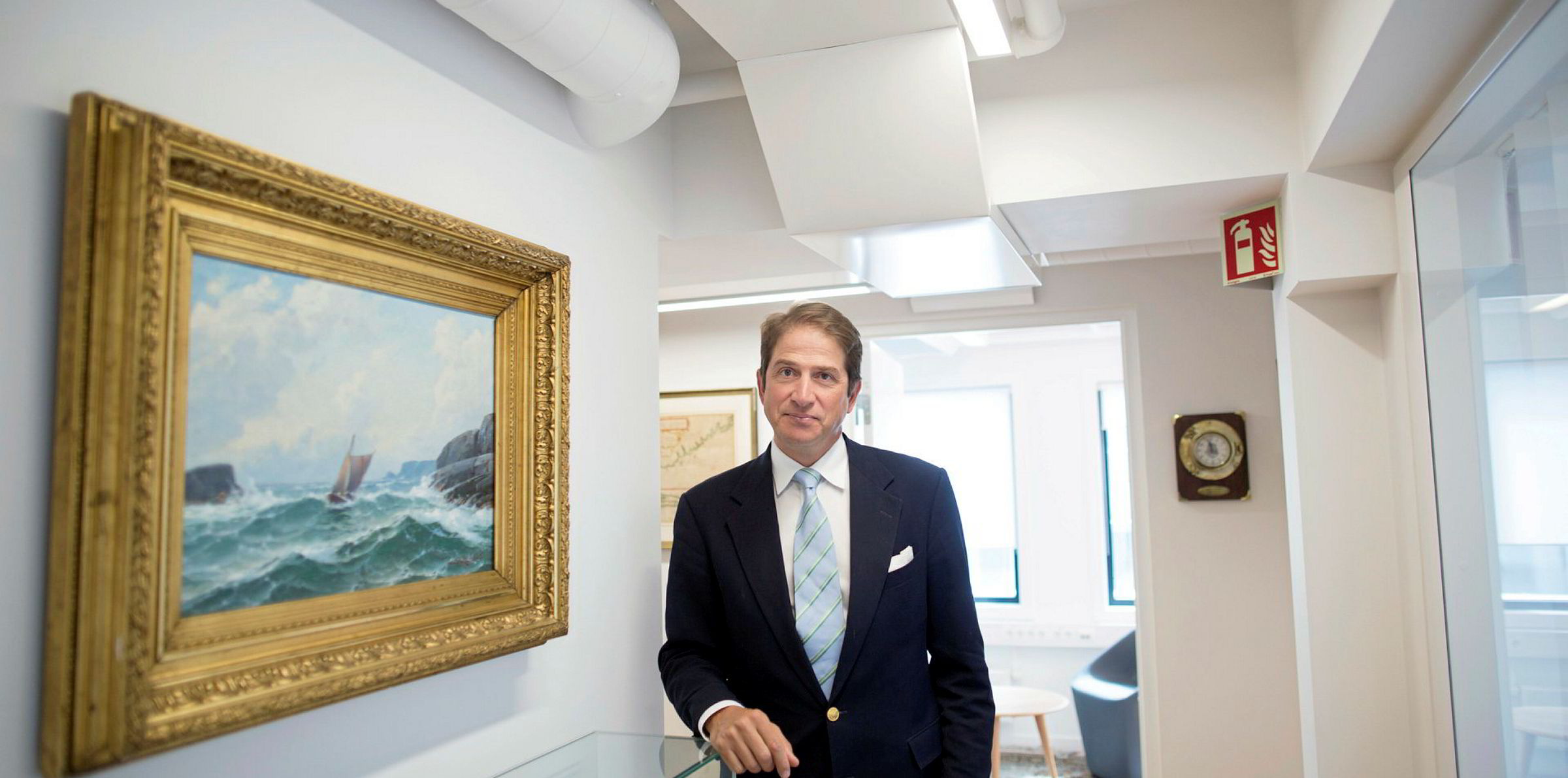Stolt-Nielsen's chief executive has opened up on the difficulties encountered by owners trying to change crews during the coronavirus pandemic.
The Norwegian chemical tanker owner saw revenue fall in the third quarter due to fewer operating days as two ships were quarantined for a week each because of Covid-19.
Crew costs increased by $4.7m in the three months to 31 August due to lockdown restrictions.
"I am very proud and it has really been the focus of the organisation to change the crew that are overdue," chief executive Niels Stolt-Nielsen said on a conference call with analysts.
Additional cost
"I think we are down now to close to single digit of crew on board our 155 ships globally that are overdue, and that of course comes with an additional cost."
But he added: "The airlines are jacking up the price — fully understandable, but also we have taken the initiative sometimes to deviate our ships to the Philippines so that we can change the crew, and that comes at a cost."
Without the extra expenses incurred, shipmanagement costs would have fallen.
"But we feel it is important to make certain [for] the people in the front line, especially on board our ships, that we are spending whatever is necessary to get them back to their family," he said.
Stolt-Nielsen took quick action in the early days of the pandemic to cut costs through salary reductions, travel cuts and hiring freezes.
Are the changes sustainable?
The CEO was asked whether the cost reductions are sustainable in the future.
"Well, that is a discussion that we have internally, and I don't want to put a number on it," he responded.
"I mean, a big part of it is because we have the hiring fees, we have promotional fees, we have cut back dramatically on consultants, we've cut some salaries, which is not sustainable in the long run."
The company has learned to do the same amount of business during the lockdown, and it is now looking at what money it can save long-term, and what practices need to return to normal.
"So, I don't want to give a number, but I think there are savings that we can get out of this exercise."
As for future prospects, Stolt-Nielsen pointed to the low orderbook level, at 7.2% of the world fleet, as a big advantage.
Supply sorted for now
"It's always been the supply side of our equation that has been the challenge, because the owners and speculators have ordered too many ships," he said.
Stolt-Nielsen added that the demand side has never been a problem. This has grown in line with global GDP.
"So it's always been very steady. It's the supply side that's messed up the market. This time around it's absolutely the supply side looks very healthy."
He does not want to predict the future at a time of great uncertainty, but forecasts are showing a "nice, gradual pickup" of growth across the chemicals market.
"So if that happens — and I hope ... that they're right — I think we will see a very healthy shipping market going forward," he added.






